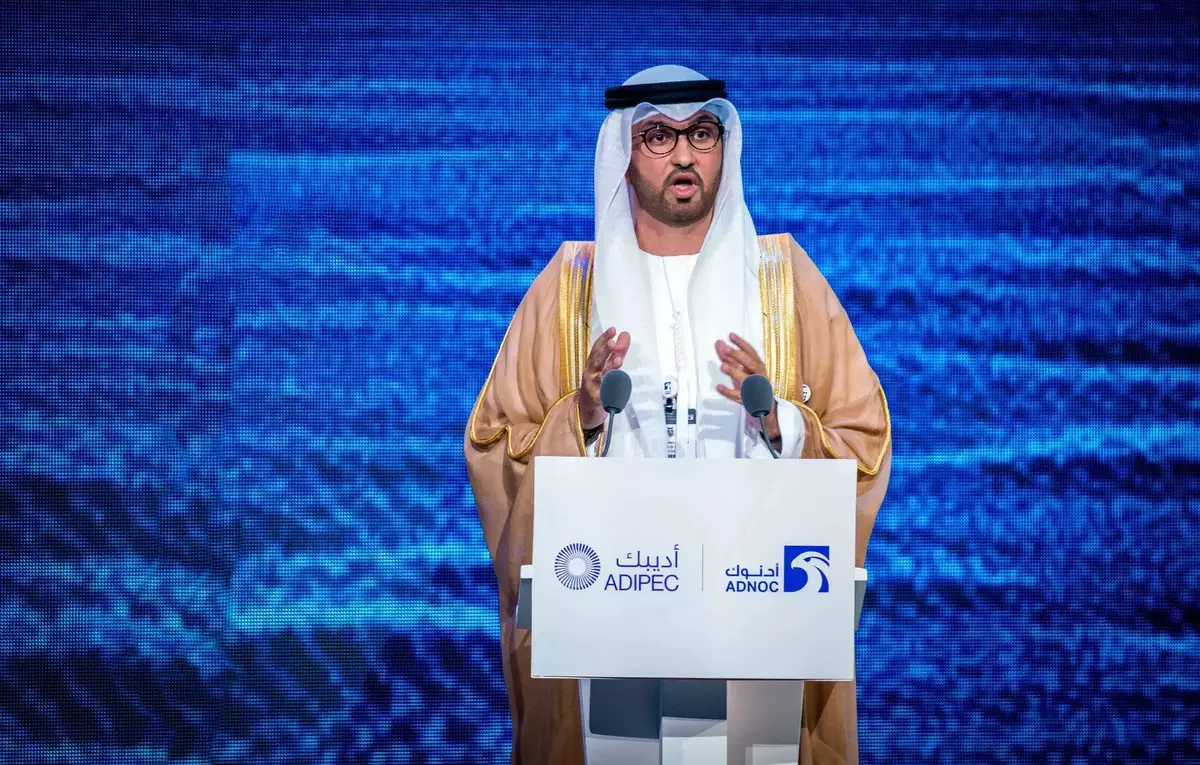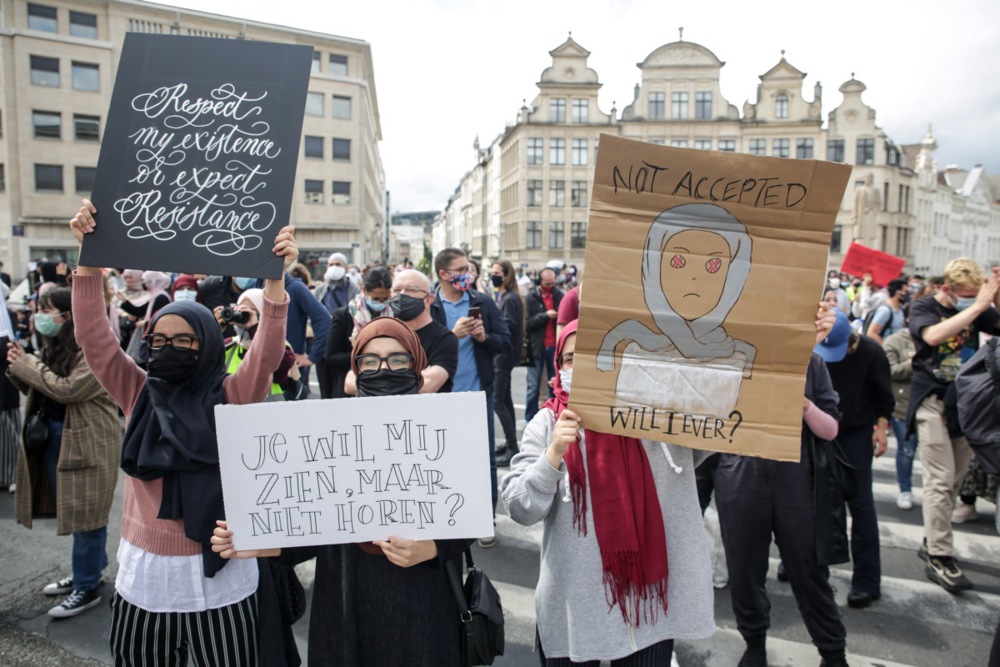In a prelude to the United Nations Climate Change Conference COP28, President-designate Sultan Al Jaber, who will lead the talks on behalf of the host country, the United Arab Emirates (UAE), has expressed optimism about achieving an “unprecedented outcome” that could keep alive hopes of limiting global temperature rises to 1.5 degrees Celsius. Despite challenges, significant progress and potential commitments, including from Saudi Arabia, signal hope for robust climate action.
The COP28, scheduled to be held in Dubai from November 30 to December 12, is expected to bring together more than 70,000 attendees, including world leaders, academics, and youth representatives. Notable figures such as King Charles III, UK Prime Minister Rishi Sunak, European Commission President Ursula von der Leyen, and Pope Francis are set to attend, while the United States’ Joe Biden and China’s Xi Jinping will be represented by high-level delegates.
Al Jaber, who is also the CEO of the UAE national oil company, Adnoc, acknowledges the challenges but emphasizes the positive momentum, stating, “I have the levers and the traction that I am experiencing today that will allow us to deliver the unprecedented outcome that we all hope for.” His goal is to establish a “robust roadmap” of cuts in greenhouse gas emissions by 2030, aligning with scientific advice.
The UAE’s role as host has drawn attention due to Al Jaber’s position in the oil industry, with some viewing it as a conflict of interest. However, Al Jaber sees it as an opportunity to engage businesses and oil-producing nations, including Saudi Arabia. He notes their cooperative engagement across various climate areas, indicating ambition and collaboration.
Key issues in the upcoming talks include addressing fossil fuels. While some countries advocate for a “phase-out,” others resist. A potential compromise is a “phase-down of unabated fossil fuels,” involving a gradual reduction of coal, oil, and gas without carbon capture and storage technology.
Critics have raised concerns about the presence of fossil fuel companies and lobbyists at the talks, but Al Jaber argues for their inclusion. He cites the International Energy Agency’s recommendation that all sectors, including heavy-emitting industries and oil and gas, must be part of the solution for effective climate action.
Progress has been made in setting up a new fund for loss and damage – aid for poor and vulnerable countries struck by climate disasters. While the fund needs contributions from rich and emerging economies, Al Jaber expresses hope for progress, urging parties not to delay collaboration until the final days of the conference.
As COP28 unfolds, the world watches to see if the positive momentum indicated by Al Jaber translates into concrete global commitments, advancing the shared goal of combating climate change and limiting the rise in global temperatures.
















